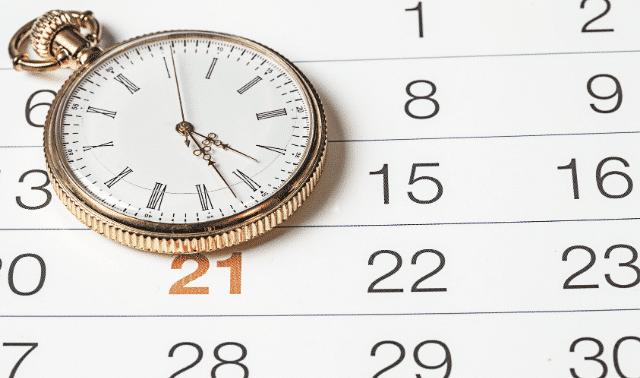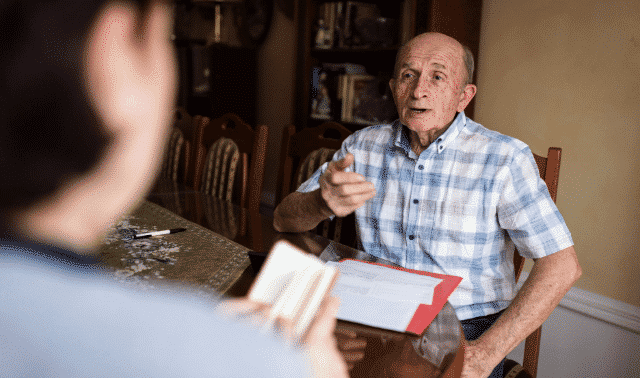Sign up for the Family Tree Newsletter! Plus, you’ll receive our 10 Essential Genealogy Research Forms PDF as a special thank you.
Get Your Free Genealogy Forms
"*" indicates required fields

Relatives are our first (and often best) resources for family information. But medical emergencies, degenerative conditions like Alzheimer’s disease and the never-ceasing march of time mean we don’t have as much time with our loved ones as we’d like. Here are six of the most important genealogy questions to ask your relatives while you still can.
1. “What research have you done?”
Piggy-backing off someone else’s research can save you tons of time. Even if your ancestor’s information isn’t totally accurate, you can use it as a springboard. I researched my mother’s family back five generations before my mom suggested asking her brother what information he had. As it turned out, he and his cousins had documented all the same ancestors—plus another few generations. Reviewing his research helped validate mine, and provided a framework for future research.
2. “Who’s in this photo?”
Photos bring so much life to our research, but you won’t get much out of them if you don’t know who’s who. Have your relative identify the subjects in a photo, rather than trying to piece it together yourself later. This will save you tremendous time—and perhaps bring back some treasured memories for your relative.
3. “What surnames do you know?”
If you’ve done genealogy long enough, you’ll know how quickly you can find yourself researching the wrong family line. Collect the surnames (especially maiden names) your ancestor believes to be part of her family, and file them away for further research. These can serve as valuable clues as you take your ancestry in time. Also ask for preferred spelling, since you’ll find many variations in records.
4. “What was living through [event] like?”
History is collective, but it’s also personal—and records will only paint some of the picture. Ask about the major events your relative lived through, and you might be surprised by the kinds of answers you’ll receive. My friend’s grandfather, for example, told me how many of his classmates struggled for necessities like food and clothing during the Great Depression. According to him, though, his family was spared many of the hardships because his grandparents grew their own food. I could have potentially put those pieces together using records like census returns. But hearing about life during the Great Depression from someone who experienced it first-hand added a whole new depth to my research.
5. “Can you take a look at this family tree?”
If you’ve already prepared some research, bring it along. Have your relative check it over to see if it aligns with what she knows. It’s always possible that your relative misremembers some information (or was flat-out lied to by other family members). But having another set of eyes on your family tree can provide extra validation and perhaps take your research in a new direction.
6. “Where have you lived?”
Few data are as useful as where your ancestor lived. Knowing this information opens the door for finding several kinds of place-based records: censuses, land records, city directories, school and parish records, etc. Researching your ancestor’s hometown also makes finding vital records somewhat easier, as you can determine when vital registration began in the area.
Last updated, October 2018.








